Story told in Paakantyi
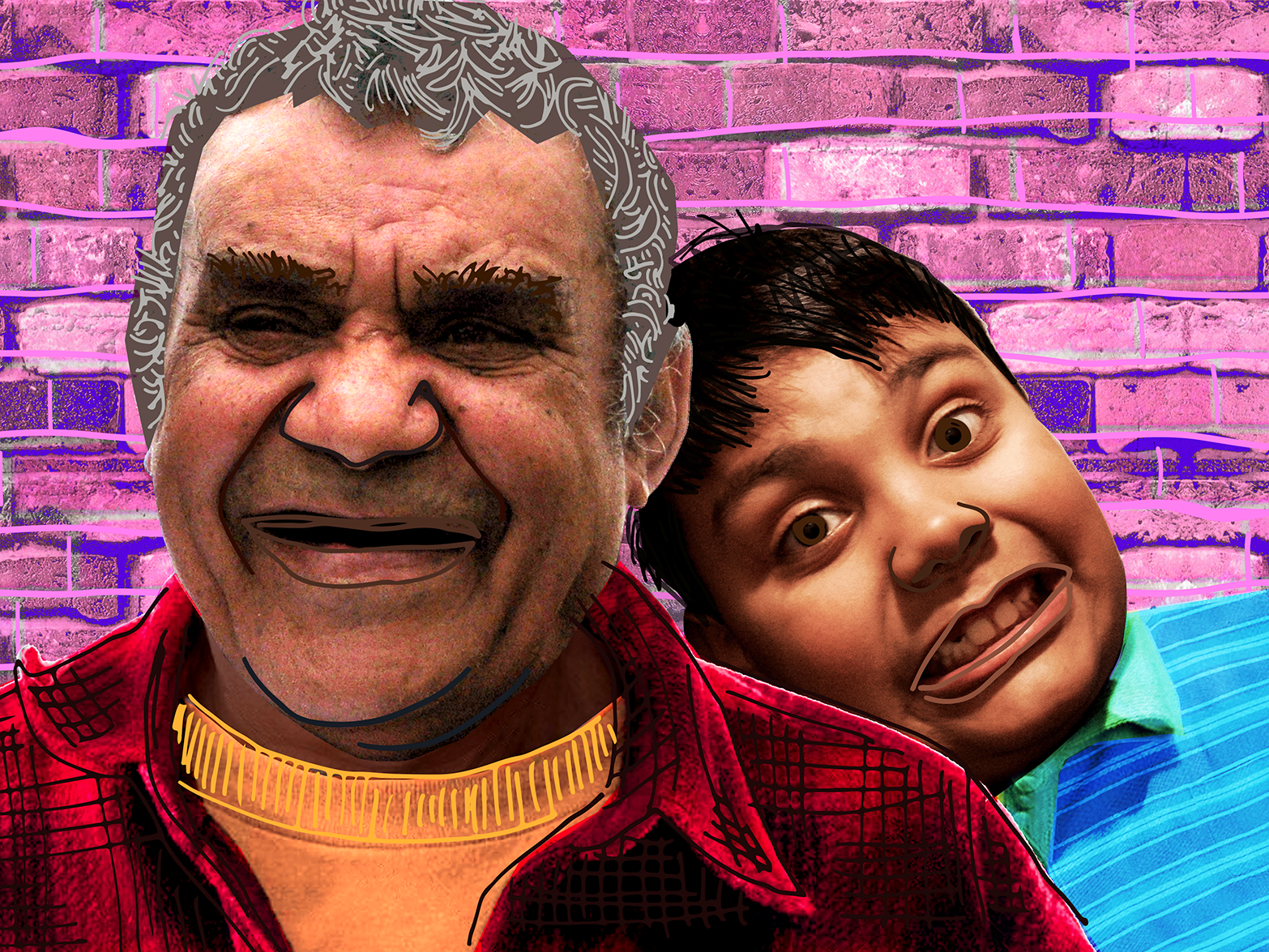
Iki nguulkayi ngaapa.
Here is grandfather and me.
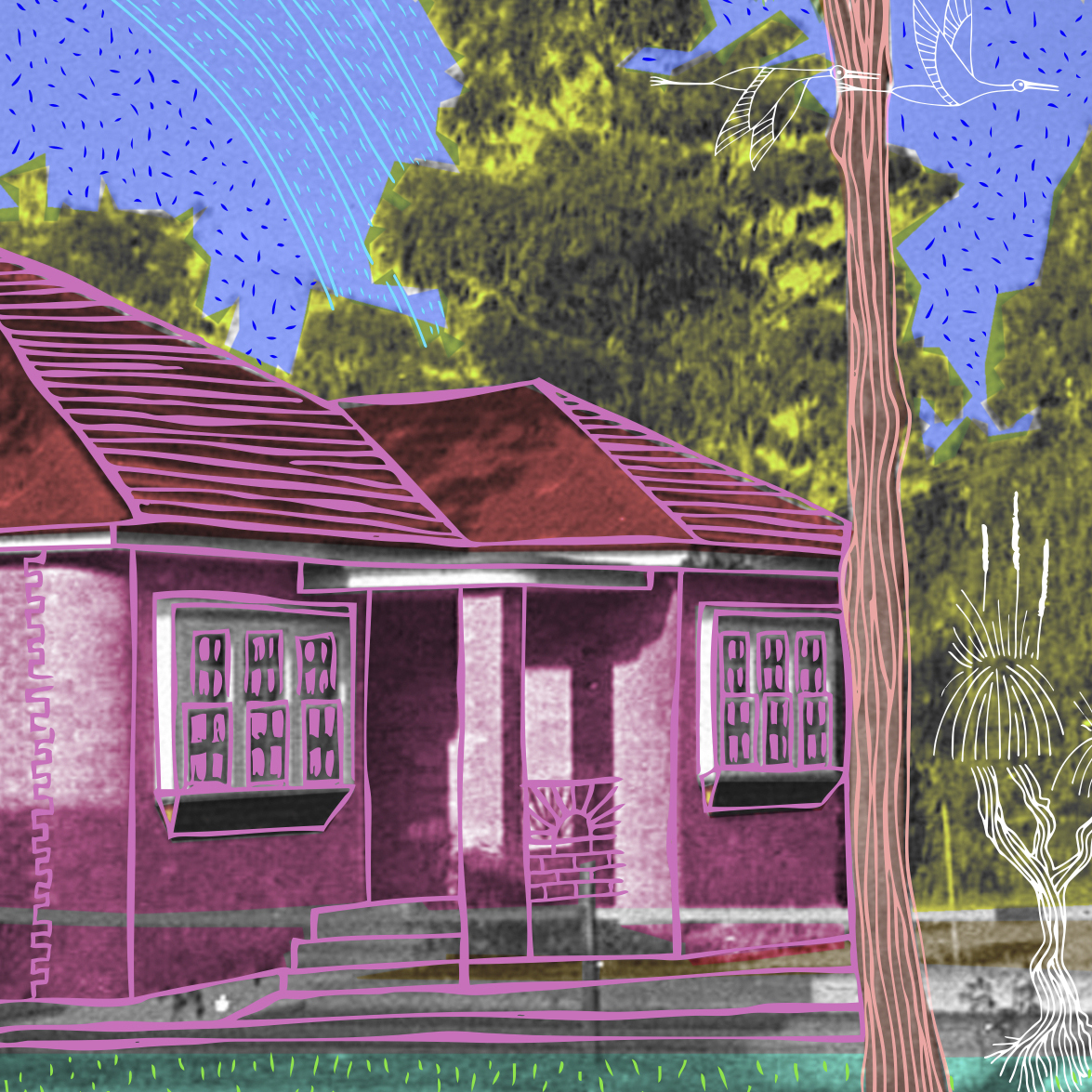
Mirrimpilyiaapa ngiingkaana nguulkayi-ampala.
Tyuumaathuayi thulurru yaparra.
I am happy staying with grandfather.
He takes me to many camps.
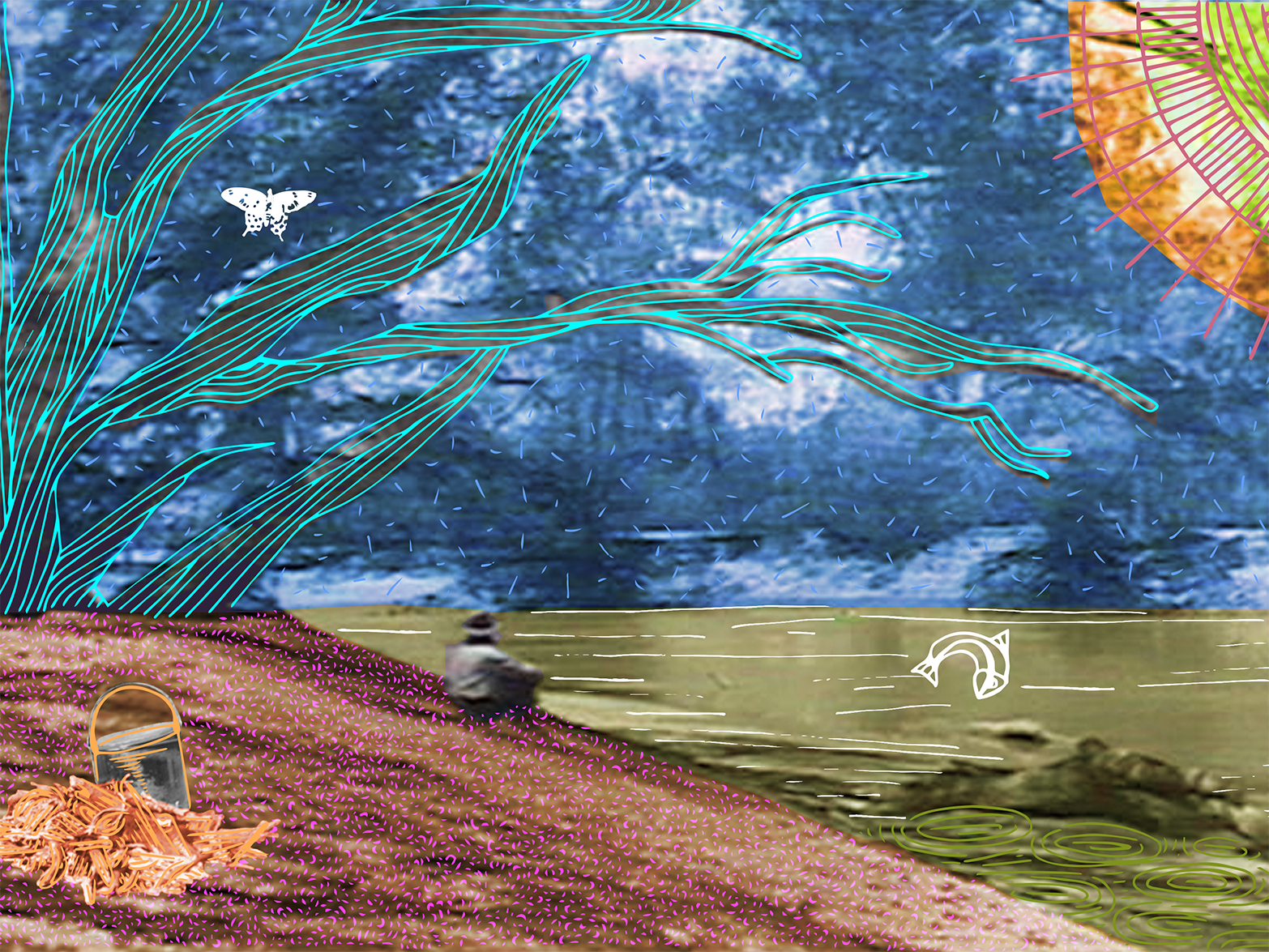
Nguulkayi waantaathu paliirra yaparra-kiirra.
Grandfather knows a good place to camp.
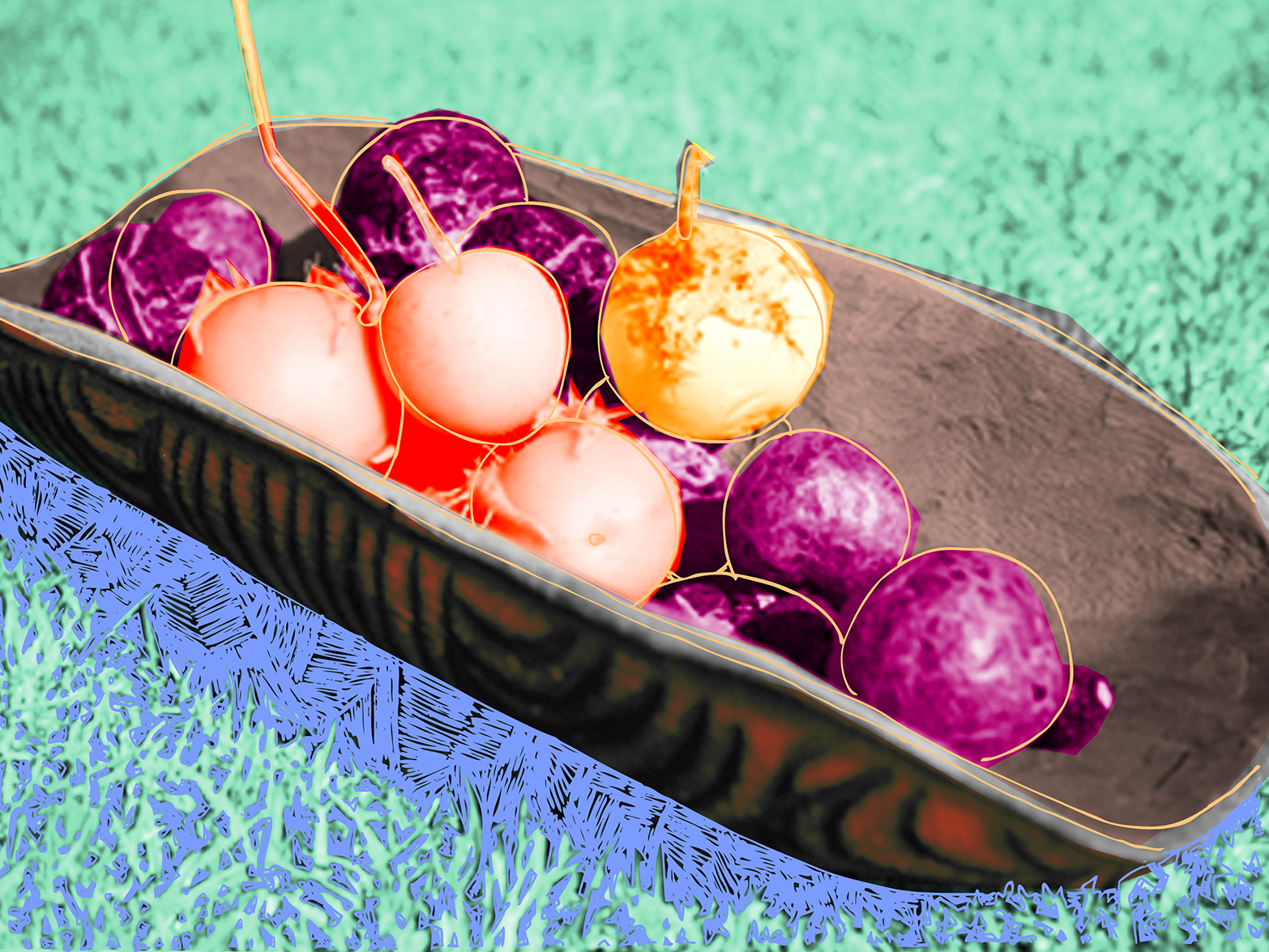
Parriali wan.ga wakura yuku ngaangkalaana. Pali!
Mirrimpilyiali pumpaana marntina.
We go to gather food in the afternoon. Yum!
We are happy sleeping on the ground.
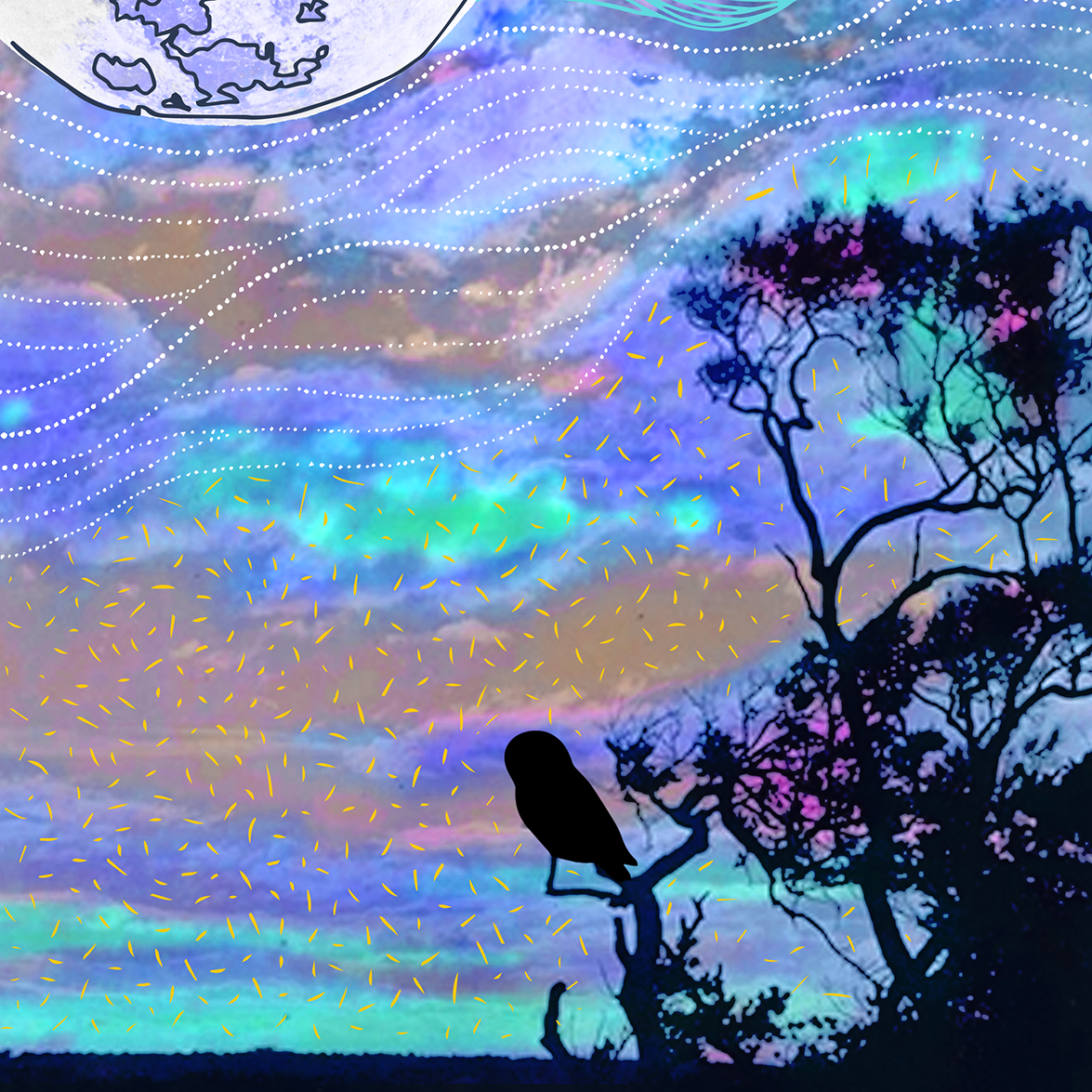
Pamirali purli-purli thungkana.
We see many stars in the night.
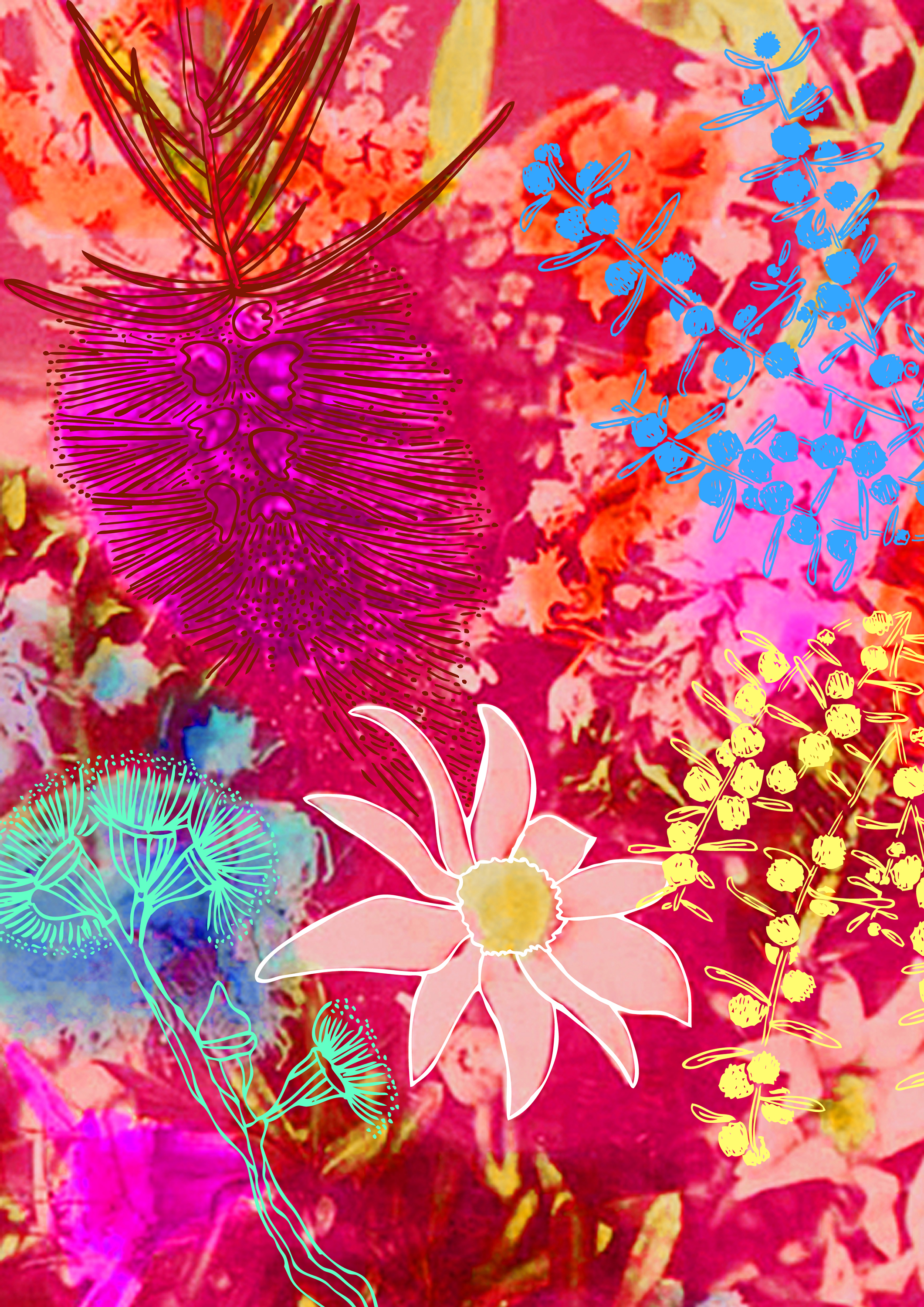
Mingkina manhu wakura parriali kantyari.
In the morning we look for bushtucker for Grandmother.
Iki nguulkayi ngaapa.
Mirrimpilyiaapa ngiingkaana nguulkayi-ampala.
Tyuumaathuayi thulurru yaparra.
Nguulkayi waantaathu paliirra yaparra-kiirra.
Parriali wan.ga wakura yuku ngaangkalaana. Pali!
Mirrimpilyiali pumpaana marntina.
Pamirali purli-purli thungkana.
Mingkina manhu wakura parriali kantyari.
Here is grandfather and me.
I am happy staying with grandfather.
He takes me to many camps.
Grandfather knows a good place to camp.
We go to gather food in the afternoon. Yum!
We are happy sleeping on the ground.
We see many stars in the night.
In the morning we look for bushtucker for Grandmother.
The Paakantyi language
The Paakantyi Nation (also spelt Paakantji /Barkindji) is in western New South Wales from the areas surrounding Bourke to Wentworth and including much of the back country around the Paroo River and Broken Hill.
Language recording and revitalisation efforts have been extensive in this area with Paakantyi language now being taught as a NSW HSC subject.

Storyteller - Andrew Sloane

Andrew Sloane was born in 1998 and is currently in Year 12 at Menindee Central School, in the far west of NSW. Andrew is of Ngiyampaa and Paakantyi descent. Andrew has presented twenty videos on Paakantyi language and its history for classroom use which are available on YouTube. In 2016 he won the Encouragement Award in the Wudhagaragarra Awards for Aboriginal Education (NSW Department of Education) and was elected vice-captain of Menindee Central School.
The Paakantyi recordings were developed with the mentoring and support of Kayleen Kerwin, Robert Lindsay, and the Menindee Central School.
The current My Weekend with Pop Paakantyi recording features Andrew Sloane.
Storyteller - William Mitchell

William Mitchell was born in 1999 and is currently in Year 12 at Menindee Central School. He is of Paakantyi and Ngiyampaa descent. In 2016 he supplied voice recordings for Jonathan Jones’ installation/exhibition, barrangal dyara (‘skin and bones’), in the Royal Botanic Garden, Sydney. He was elected captain of Menindee Central School.
The Paakantyi language
The Paakantyi Nation (also spelt Paakantji /Barkindji) is in western New South Wales from the areas surrounding Bourke to Wentworth and including much of the back country around the Paroo River and Broken Hill.
Language recording and revitalisation efforts have been extensive in this area with Paakantyi language now being taught as a NSW HSC subject.

Storytellers - Andrew Sloane and William Mitchell

Andrew Sloane was born in 1998 and is currently in Year 12 at Menindee Central School, in the far west of NSW. Andrew is of Ngiyampaa and Paakantyi descent. Andrew has presented twenty videos on Paakantyi language and its history for classroom use which are available on YouTube. In 2016 he won the Encouragement Award in the Wudhagaragarra Awards for Aboriginal Education (NSW Department of Education) and was elected vice-captain of Menindee Central School.
The Paakantyi recordings were developed with the mentoring and support of Kayleen Kerwin, Robert Lindsay, and the Menindee Central School.

William Mitchell was born in 1999 and is currently in Year 12 at Menindee Central School. He is of Paakantyi and Ngiyampaa descent. In 2016 he supplied voice recordings for Jonathan Jones’ installation/exhibition, barrangal dyara (‘skin and bones’), in the Royal Botanic Garden, Sydney. He was elected captain of Menindee Central School.
The current My Weekend with Pop Paakantyi recording features Andrew Sloane.
For Teachers
An online Teacher's Guide accompanies My Weekend with Pop a short illustrated bilingual story. Teachers and students can read the story in English and listen to it in several NSW Aboriginal languages: Dharawal, Gumbaynggirr, Gamilaraay, Paakantyi and Wiradjuri.
The Teacher's guide includes learning activities for teachers to embed in KLA-specific units of work as a way of including Aboriginal perspectives. The activities are designed for Stage 2 and can be adjusted for Stage 1 or Stage 3 learners . The resource list includes print and multi-media materials that are suitable for teachers of Early Stage 1 through to Stage 6.


